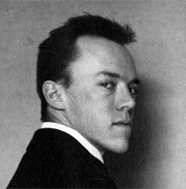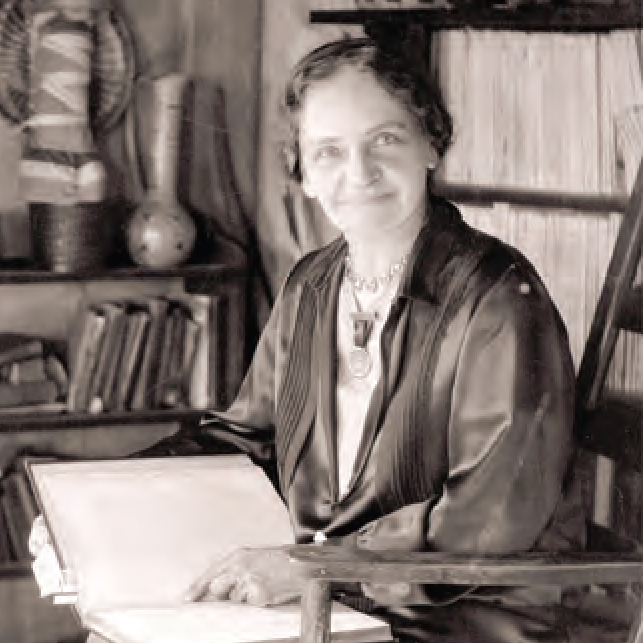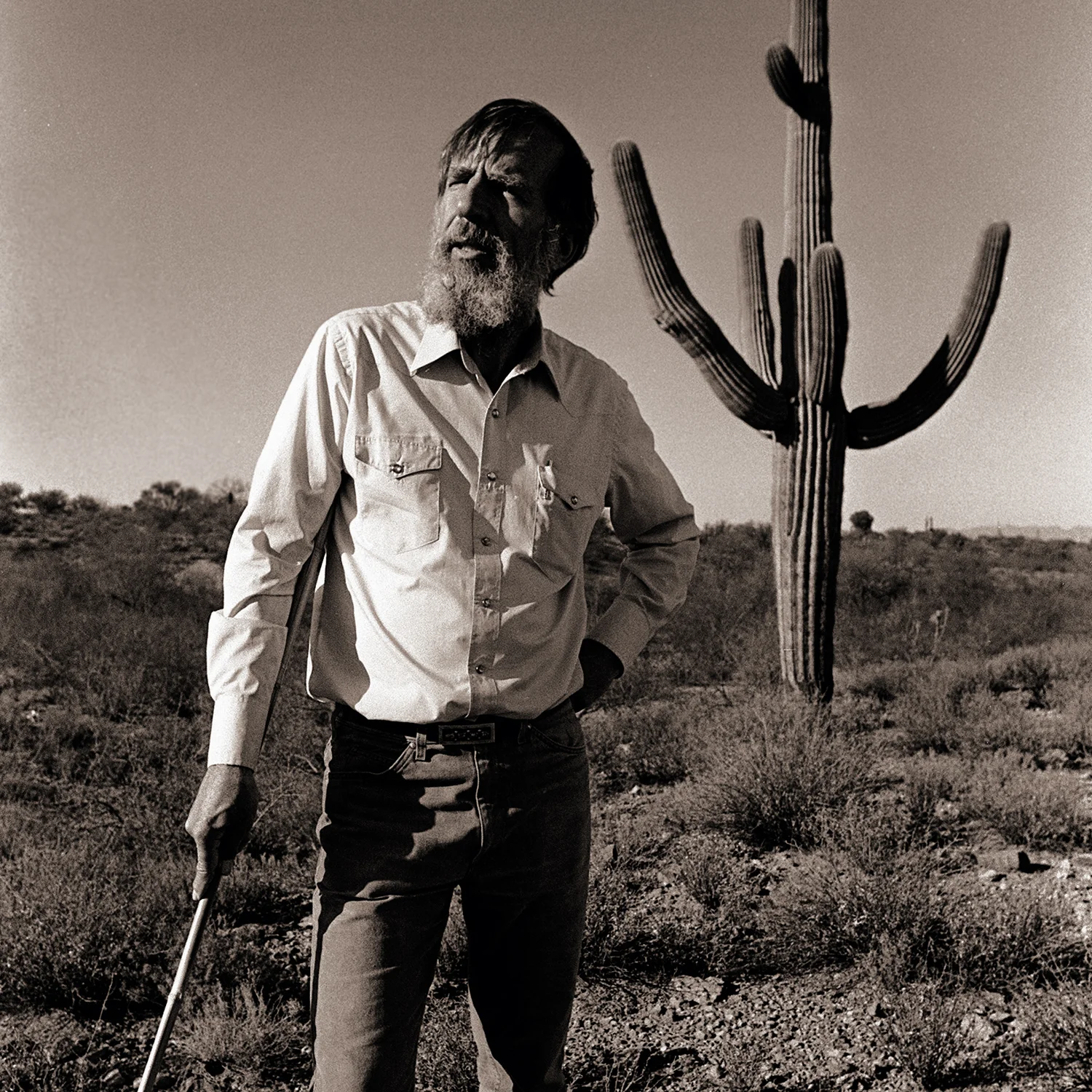Sherwin Bitsui: A Poetic Voice from the Navajo Nation
Sherwin Bitsui is a distinguished poet whose work offers a powerful exploration of identity, landscape, and the interconnectedness of nature and culture. Born in 1974 in White Cone, Arizona, on the Navajo Reservation, Bitsui’s poetry is deeply rooted in his Navajo heritage and the stark, beautiful landscapes of the American Southwest. Through his evocative and often surreal imagery, Bitsui has established himself as a significant voice in contemporary Native American literature.
Early Life and Cultural Heritage
Sherwin Bitsui was raised in a traditional Navajo household, where he was immersed in the language, stories, and rituals of his people. His early experiences on the Navajo Reservation profoundly shaped his worldview and artistic sensibilities. The expansive desert, the rhythms of Navajo life, and the cultural teachings of his elders provided a rich foundation for his poetic imagination.
Education and Literary Beginnings
Bitsui pursued his higher education at the Institute of American Indian Arts in Santa Fe, New Mexico, where he studied creative writing and fine arts. His formal education, combined with his deep cultural heritage, equipped him with a unique perspective and a distinctive voice. He later attended the University of Arizona, further honing his craft and exploring the interplay between language, culture, and identity.
Major Works and Themes
Sherwin Bitsui’s poetry is characterized by its vivid imagery, fluid narrative style, and deep connection to the natural world. His work often blurs the boundaries between the physical and spiritual realms, reflecting the holistic worldview of his Navajo upbringing.
His first collection, “Shapeshift” (2003), published by the University of Arizona Press, introduced readers to his distinctive style. The poems in “Shapeshift” are noted for their dreamlike quality and their exploration of transformation, both personal and cultural. Bitsui’s use of language is both precise and expansive, capturing the complexity of identity in a rapidly changing world.
Bitsui’s second collection, “Flood Song“ (2009), solidified his reputation as a major contemporary poet. Published by Copper Canyon Press, “Flood Song” is a powerful meditation on displacement, memory, and the enduring connection to the land. The poems weave together elements of Navajo oral tradition, personal history, and environmental consciousness, creating a tapestry of voices that resonate with the reader.
In “Dissolve“ (2018), also published by Copper Canyon Press, Bitsui continues to push the boundaries of poetic form and content. “Dissolve” delves into themes of fragmentation and continuity, exploring the impact of colonialism, environmental degradation, and cultural survival. The collection’s fragmented, almost hallucinatory style mirrors the fractured realities of contemporary Native American life, while also affirming resilience and the possibility of renewal.
Awards and Recognition
Sherwin Bitsui’s contributions to literature have been widely recognized and celebrated. He is the recipient of numerous awards and honors, including a prestigious Whiting Writers’ Award, an American Book Award, and a PEN Open Book Award. His work has also earned fellowships from the Native Arts & Cultures Foundation, the Lannan Foundation, and the Witter Bynner Foundation for Poetry.
Influence and Legacy
Bitsui’s poetry has had a profound impact on the literary landscape, particularly in the realm of Native American literature. His work challenges and expands the boundaries of contemporary poetry, offering readers a window into the rich, complex world of Navajo culture and the broader Indigenous experience. Bitsui’s ability to weave together personal and collective histories, to bridge the past and present, and to articulate a vision of the future grounded in cultural continuity makes his work both timeless and urgently relevant.
Teaching and Advocacy
In addition to his writing, Sherwin Bitsui is dedicated to nurturing the next generation of poets and writers. He has taught creative writing at various institutions, including Diné College, the Institute of American Indian Arts, and Brown University. Through his teaching and mentorship, Bitsui inspires young writers to explore their own voices and to draw upon their cultural heritage as a source of strength and creativity.
Sherwin Bitsui’s work stands as a testament to the power of poetry to illuminate the human experience, to bridge cultural divides, and to foster a deeper understanding of our connection to the natural world. His evocative imagery, lyrical language, and profound insights into identity and place make him one of the most compelling voices in contemporary literature. As a poet, teacher, and advocate, Bitsui continues to shape and enrich the literary landscape, offering readers a profound and transformative vision of the world.
For more information about Sherwin Bitsui and his work, visit AZpoetry.com.










